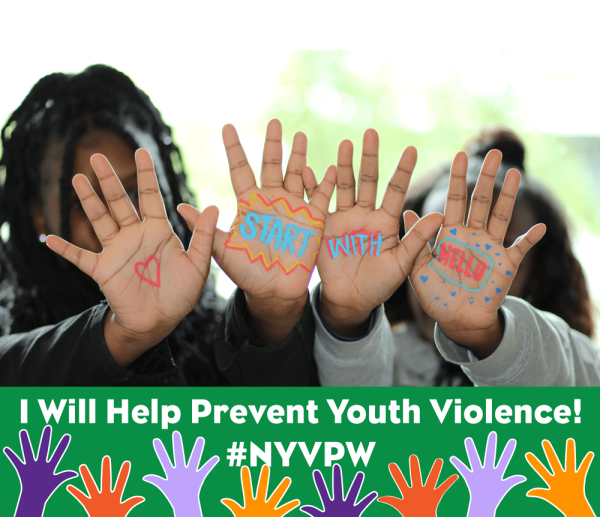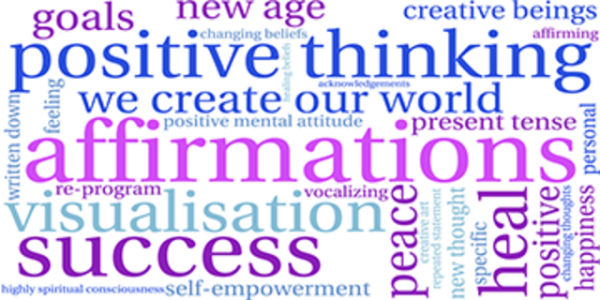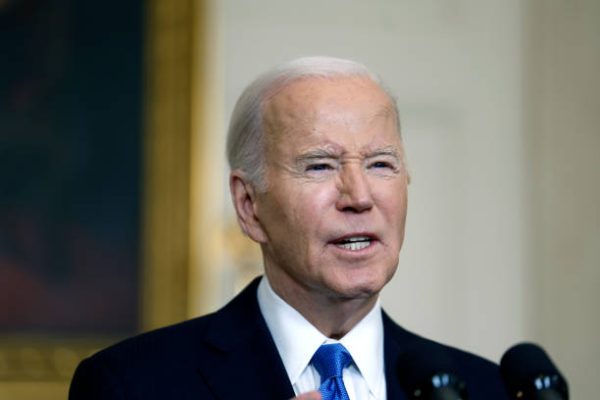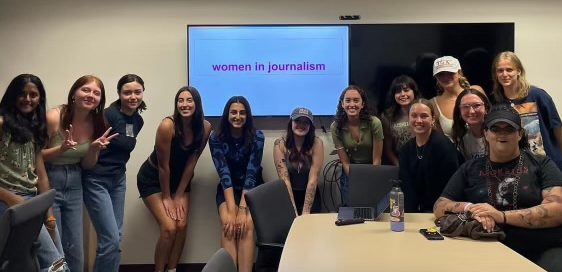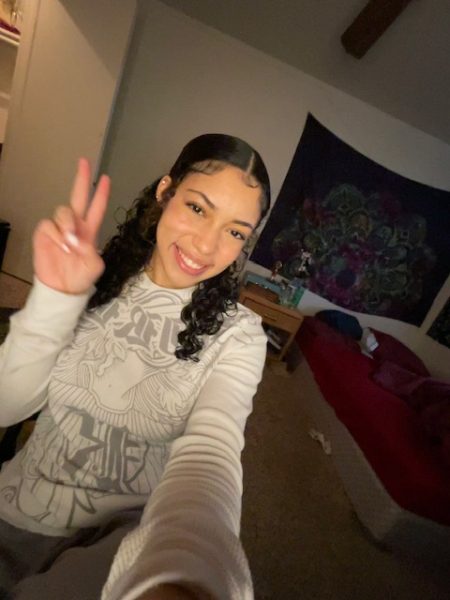Betsy DeVos- Devil in the Public Schools?

March 2, 2017
Out of all the individuals recently selected by President Trump to manage the government’s departments, none have been so hotly contested as newly approved head of the Department of Education Betsy DeVos. Only passing the Senate confirmation process by a tie-breaking vote from vice president Mike Pence himself, the media has been quick to paint DeVos as a danger to public schools everywhere- an image that, while far-fetched, may have some basis. DeVos herself has never had a connection to public schools. She has never held a position in a public school, her children attended private schools, and even DeVos herself was privately educated. Much like many of the other selections by President Trump, DeVos represents the unorthodox standards of this administration. Additionally, she is known nationwide as a prominent face in the pro-school-choice movement, often campaigning to increase public access to private schools through federal funds. For many, this calls to light a multitude of questions: primarily concerning the growing rivalry between the public and private sectors of education.
When asked to provide her opinion on the role of private schools in federal education, elementary school teacher Amy Wilson responds, “I think school choice is important, but only if charter schools have the same accountability as public schools.” This is not an uncommon sentiment. While charter schools actively compete and sometimes beat out public schools for federal funding, they are currently not required to provide many of the services that public schools are, such as classes for non-English speakers or students with disabilities. Besides this, charter schools also enjoy many of the privileges of private schools- namely, the ability to freely admit or dismiss students on their own discretion. Wilson continues, “It’s so much easier for them (charter schools) to expel their students, and then we have to pick up the slack.” Ultimately, she believes that DeVos’s drive to increase funding to charter schools will put public education in a permanent stranglehold, especially in critically underfunded states such as Arizona. “She (DeVos) wants to pull back on funding from the federal level. That means more from us, more from the state. I guess that’s my biggest concern.” Speaking not only from her position as a teacher but also as an Arizona taxpayer, Wilson’s position is not unfounded. DeVos’s proposed ‘school vouchers program’ is designed to pull nearly $110 billion from the states, putting this money toward opening private school access to families traditionally limited to public schooling.
School vouchers, a hot issue that graced ballots nearly a decade and a half ago, have been vehemently opposed throughout the nation for their drain on taxpayer funds as well as the fact that they operate in a constitutionally gray area. These vouchers, when provided to the individual, could be used to attend any private school of their choice- not excluding those of religious flavor. The establishment of these programs would open the avenue for rampant violation of the separation of church and state, with federal and state dollars pouring into Church-sponsored institutions. While possibly well-intentioned, the voucher programs that DeVos so adamantly supports would wreck havoc with this essential principle of our governance.
Ken Marrs, long-standing Fine Arts Director at Sahuaro High School, also expresses his concern. “My gravest concern is the enthusiasm that she has in taking money from the public (schools).” When asked about the safety of his program and those like it, Marrs responds, “While I think I am supported by people at the district and… am fairly safe, that my program is fairly safe, less money from the top down will definitely make things harder. Esau Hislope and Megan Hughes, both English teachers at Sahuaro, both express similar sentiments. “While the federal department (of education) hasn’t really affected my classroom as of yet, it could definitely happen.”

